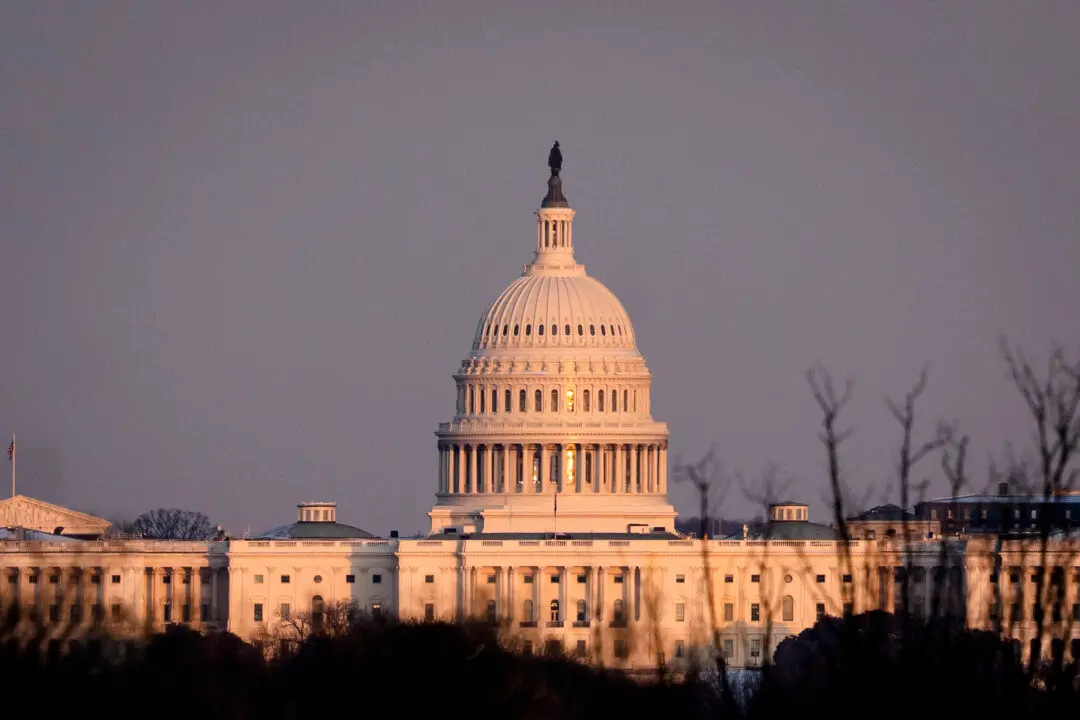Republicans on the House Oversight Committee are threatening to subpoena American Federation of Teachers (AFT) President Randi Weingarten as part of an investigation into remote learning policies during the COVID-19 pandemic.
The Select Subcommittee on the Coronavirus Pandemic, chaired by Rep. Brad Wenstrup (R-Ohio), is a panel under the House Oversight Committee leading the GOP investigation into “the societal impact of decisions to close schools, how the decisions were made, and whether there is evidence of widespread learning loss or other negative effects as a result of these decisions.”





